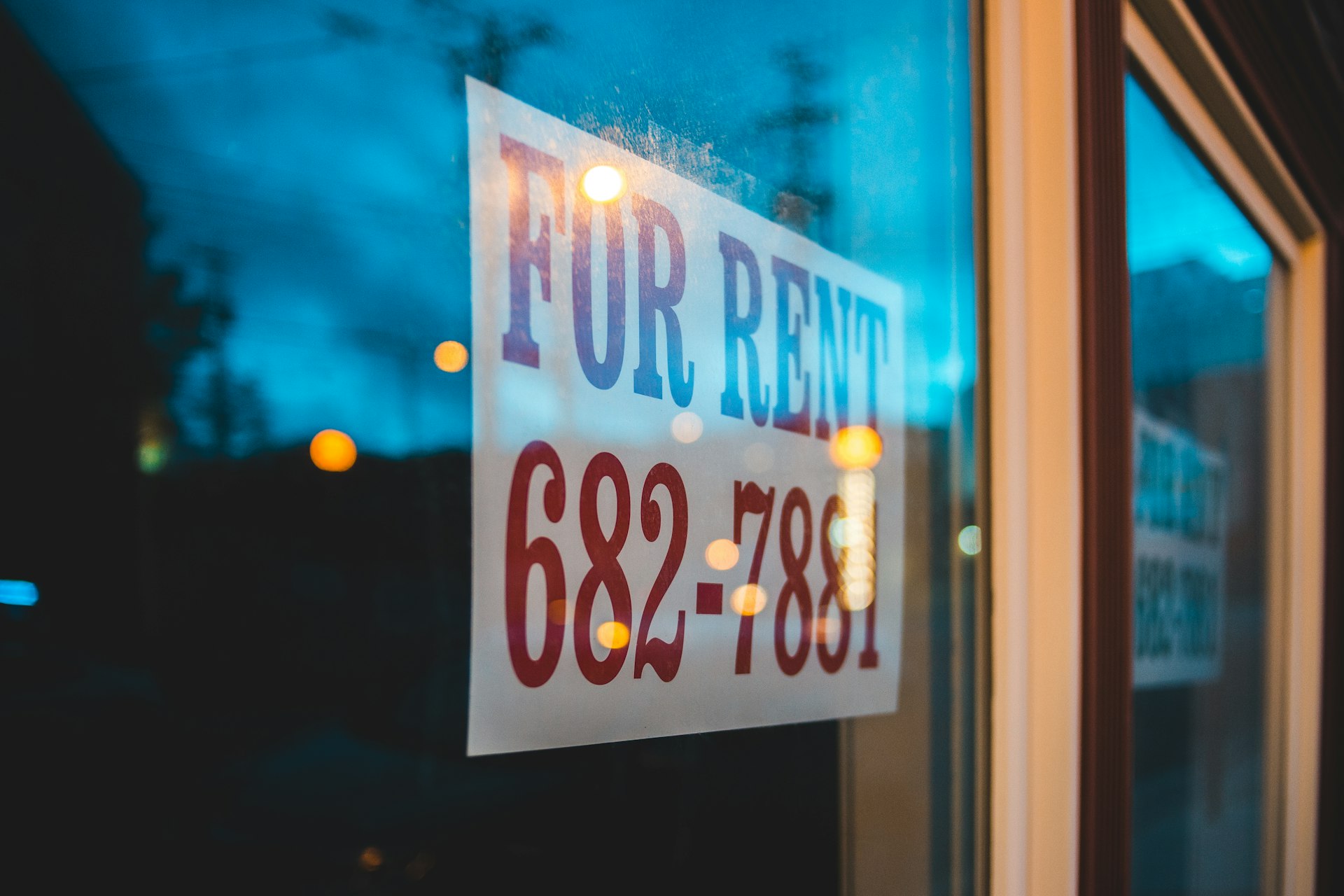Elevating Real Estate Success: Actionable Customer Experience Strategies for Modern Agents


Photo by Erik Mclean on Unsplash
Introduction: Why Customer Experience Is the New Competitive Edge
Real estate success increasingly hinges on delivering an exceptional customer experience (CX). Modern clients expect more than basic service-they want tailored, seamless, and memorable interactions throughout the home buying, selling, or leasing journey. By adopting proven customer experience strategies , real estate professionals can build stronger client loyalty, generate higher-quality leads, and ultimately achieve greater business growth [4] .
Personalization: The Cornerstone of Memorable Experiences
One of the most effective ways to enhance CX in real estate is through deep personalization . This involves understanding each client’s unique preferences and tailoring every interaction to their needs. Agents can gather insights through client data platforms (CDPs), subtle surveys, or by tracking digital engagement such as email clicks or social media responses. This information enables you to:
- Address clients by name and reference specific preferences, like property features or neighborhood amenities
- Customize recommendations and showcase only the most relevant listings
- Offer exclusive previews or early access to off-market properties for top clients
For example, offering a private tour of a waterfront home to a boating enthusiast or organizing a virtual walkthrough for remote buyers can leave a lasting impression [1] . These personalized touches drive referrals and repeat business.

Photo by Markus Winkler on Unsplash
Centralizing Data for Consistency and Speed
A centralized customer database is fundamental to delivering consistent and efficient service. By combining all client data into a single, secure platform-such as a robust CRM or contact management system-agents can:
- Quickly access client history, preferences, and inquiries
- Streamline communications across email, social media, and phone calls
- Prevent redundancies, such as repeatedly asking for the same information
This approach enables agents to provide seamless updates, proactive follow-ups, and accurate, real-time responses to client needs. When clients feel recognized and remembered, their trust and satisfaction grow [2] .
Designing the Journey, Not Just the Touchpoints
Modern buyers and sellers evaluate their experience based on the entire journey, not just isolated interactions. Mapping the full client journey-from initial inquiry to closing, and even post-sale follow-up-helps identify pain points and opportunities for improvement. Actionable steps include:
- Documenting every stage of the customer lifecycle (first contact, property search, negotiations, closing, move-in, and follow-up)
- Regularly soliciting feedback at key moments, such as after showings or at closing
- Redesigning processes to remove friction and ensure faster, more relevant service
For example, automating status updates during escrow or providing a digital checklist for move-in can reduce client anxiety and set your agency apart [4] . Prioritize improvements at stages where clients often get frustrated, such as document collection or scheduling viewings.
Smart Technology: Enhancing the Physical and Digital Experience
Technology is transforming the real estate landscape, offering new ways to improve CX. Integration of smart tools and digital platforms can create a seamless bridge between the physical property and the digital experience. Some proven approaches include:
- Installing smart thermostats or leak sensors in rental properties to provide proactive maintenance and enhance resident comfort
- Using automated notifications to remind tenants of upcoming events or opportunities, such as booking amenities or joining fitness classes
- Leveraging virtual staging, 3D tours, and video walkthroughs to engage remote buyers or renters
For example, a building that sends a personalized invitation for a yoga class to residents who’ve expressed interest in wellness amenities demonstrates attention to detail and client care [3] . These enhancements not only improve satisfaction but can also increase retention and referrals.
Omnichannel Communication: Meeting Clients Where They Are
Clients expect to interact with real estate professionals through their preferred channels, whether email, text, phone, or social media. An effective omnichannel strategy includes:
- Implementing a unified inbox to manage all client communications and avoid missed messages
- Responding quickly and empathetically to inquiries, using AI tools for sentiment analysis when possible
- Providing regular, proactive updates rather than waiting for clients to ask
This approach demonstrates attentiveness and reliability, building trust throughout the relationship. For best results, ensure all team members are trained to communicate consistently and with empathy [2] .
Educating and Empowering Clients
Clients value transparency and guidance, especially when navigating complex transactions. By proactively supplying market research, homebuyer guides, and referrals to trusted mortgage lenders, agents can position themselves as knowledgeable advisors. Concrete steps to implement this include:
- Regularly publishing detailed property reports and market insights on your website
- Creating resource libraries with checklists, FAQs, and educational videos
- Offering one-on-one consultations to discuss financing, inspection, or negotiation strategies
For example, an agent who provides clear, step-by-step guidance throughout the purchase process helps clients feel more confident and informed, leading to smoother transactions and positive reviews [2] .
Lead Generation and Relationship Nurturing
Traditional lead generation methods, like cold calls or untargeted ads, are becoming less effective. Instead, focus on strategies that qualify, nurture, and convert leads through value-driven engagement. Recommended practices include:
- Building local brand authority with consistent social media, video content, and targeted outreach
- Implementing CRM-driven lead funnels to segment and prioritize high-intent prospects
- Using analytics to track campaign performance and refine approaches for better ROI
For example, nurturing relationships through personalized follow-ups and timely market updates can increase the likelihood of referrals and repeat business [5] .
Step-by-Step Guidance for Implementing CX Strategies
- Assess your current process: Map out your client journey and identify major pain points.
- Invest in a robust CRM: Centralize client data and ensure all team members can access and update information.
- Leverage technology: Research smart property tools, virtual tour software, and marketing automation platforms. Test new features with a small group before wider rollout.
- Train your team: Embed the CX vision into onboarding and ongoing training. Encourage empathy, responsiveness, and consistency.
- Solicit feedback: Use post-transaction surveys and direct outreach to gather insights on what works and what needs improvement.
- Refine and repeat: Use analytics to measure satisfaction and loyalty, and make continuous improvements.
If you are seeking specific technology vendors, educational resources, or professional support, consider searching for “real estate CRM software”, “virtual staging companies”, or “real estate client journey mapping”. You can also consult your local real estate association for vetted tools and service providers.
Potential Challenges and Solutions
Implementing these strategies can present hurdles, such as resistance to change, technology adoption barriers, or resource constraints. To overcome these challenges:
- Start with small pilot programs before scaling new initiatives
- Provide ongoing training and clear documentation for new tools and processes
- Encourage feedback from both clients and staff to identify and address concerns early
Remember, the goal is continuous improvement, not overnight transformation. By making incremental changes and measuring their impact, your agency can build a sustainable competitive advantage through customer experience excellence.
References
- [1] Proven Partners (2024). 5 Strategies For Improving Customer Experience In Luxury Real Estate.
- [2] BoldDesk (2024). Real Estate Customer Service: 9 Best Practices for Success.
- [3] McKinsey & Company (2024). The new real estate investment edge: Tech-enabled brand, CX, and loyalty.
- [4] SuperOffice (2024). Customer Experience Is the #1 Growth Strategy for 2025.
- [5] Colibri Real Estate (2024). 5 Proven Real Estate Marketing Strategies for 2025 to Get Better Leads.






